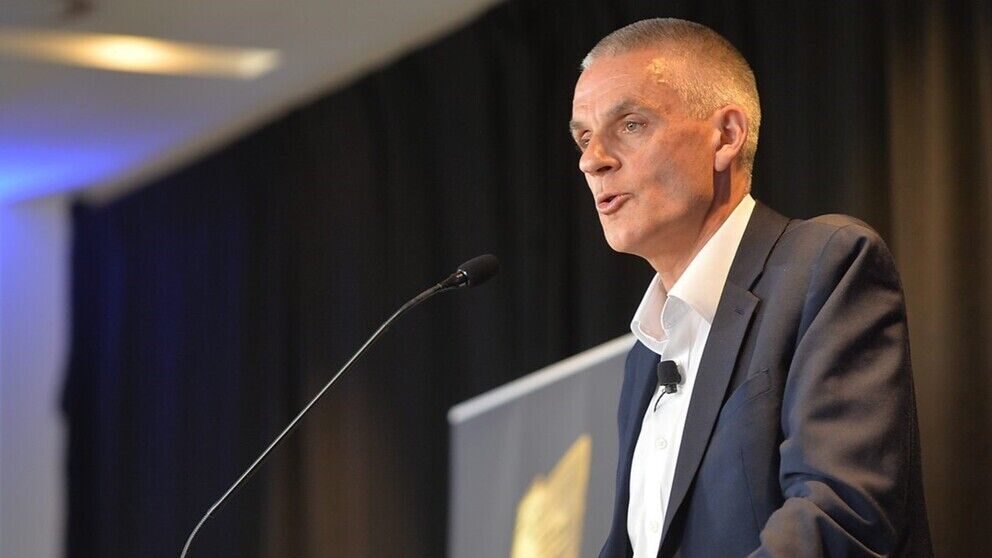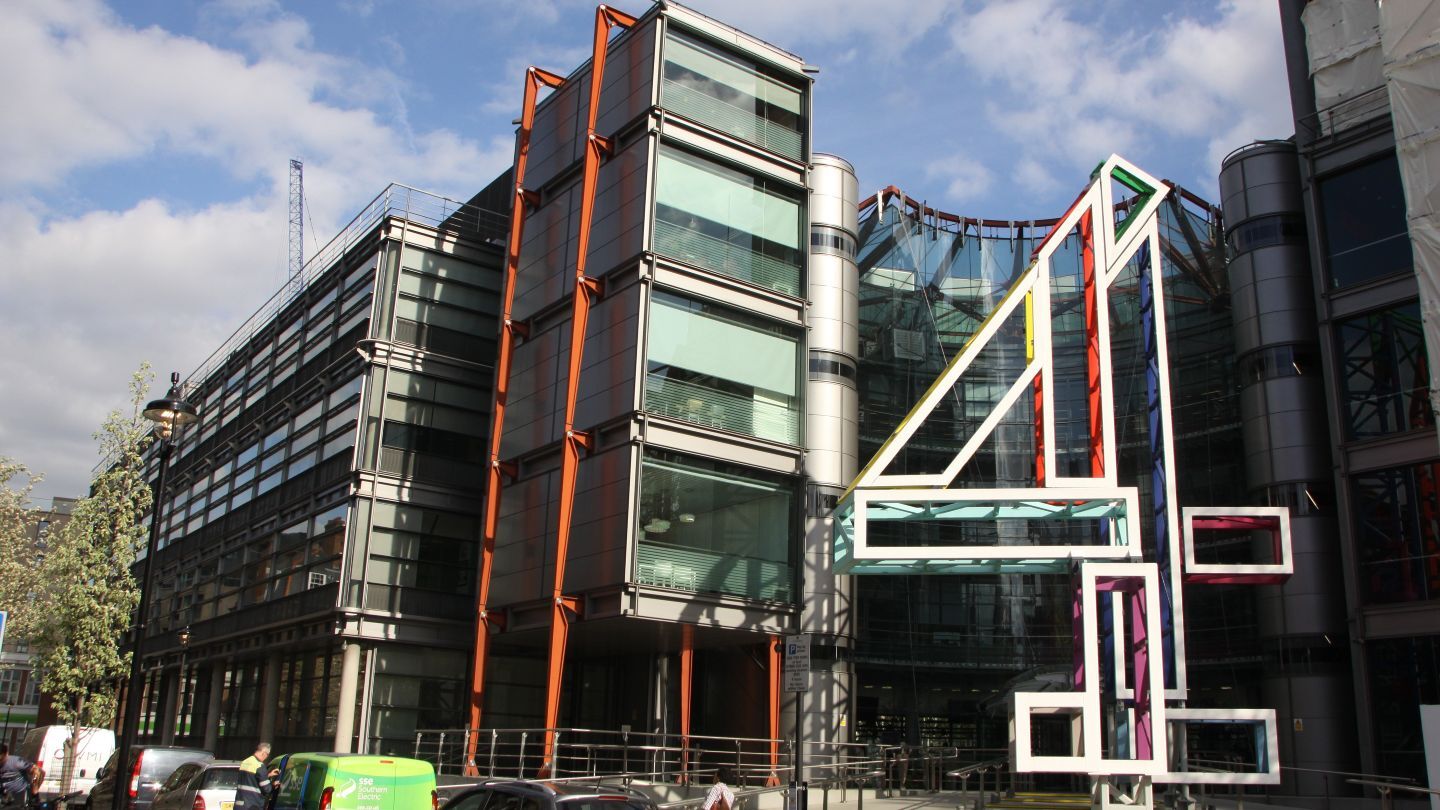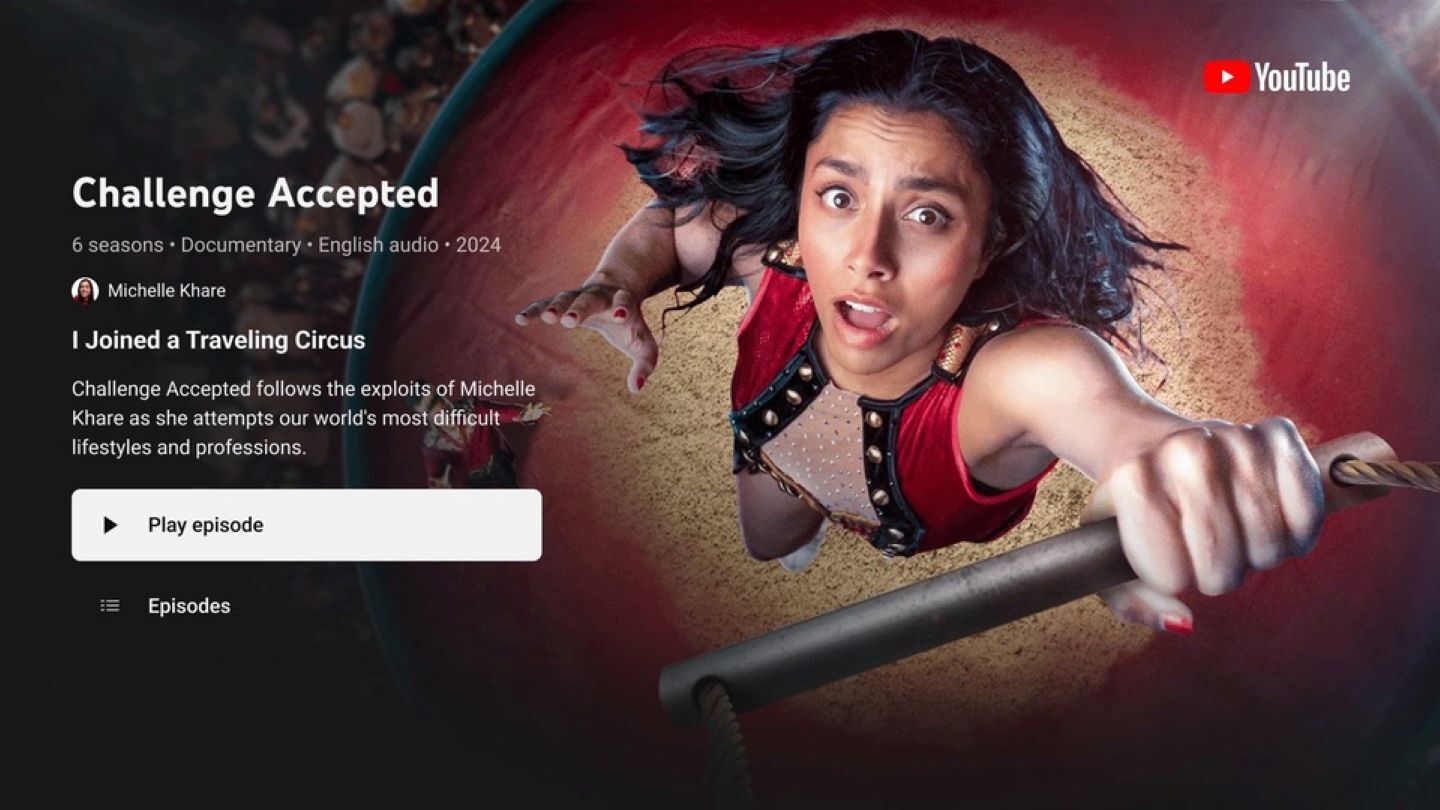BBC Director General Tim Davie has said the broadcaster’s mission to inform, educate and entertain is more vital than ever as it grapples with rapid technological change, disinformation and social division.

In a major speech at a Royal Television Society event, Davie also said the future funding of the BBC “will need reform”, adding: “I think it is right to ask fundamental questions about its longevity.”
But he also warned against unpicking “the very wonder of the BBC”.
“We should not create another commercial walled garden or a narrow BBC that provides a niche service for the most hardcore users,” Davie said.
He confirmed the BBC will look at funding options for the future, examining the merits of evolving the licence fee post-2028 to secure universal funding and assessing whether funding should be more progressive.
Davie stressed that the broadcaster has a central role in ensuring the UK retains a healthy democracy, a strong creative economy and a more cohesive society.
Davie said the BBC had been reforming at pace to remain at the heart of people’s daily lives, but must now go further.
He said the BBC would target resources, knowledge and knowhow in three key areas: pursuing truth with no agenda by reporting fearlessly and fairly; backing the best British storytelling by investing in homegrown talent and creativity; and bringing people together by connecting everyone to unmissable content.
“We stand at a significant moment. The jeopardy is high,” he told the audience. “The future of the UK, democratically, socially and culturally is at risk. And for us to succeed, far from following where the market is driving others, we must double down on what audiences see as our unique value.”
He said high inflation and increased costs as well as below inflation settlements “have chipped away at our income over many years and have put significant pressure on our finances”, alongside “forces reshaping the market and creating huge disruption to traditional broadcast-based organisations”.
“And it’s not just the future of the BBC and the Public Service Broadcasters that are at stake, it’s the future of our wider creative industries,” said Davie. “A world-class success story, but one we can’t afford to take for granted.”
Therefore, there was a need to target limited resources and create a leaner, focused public service BBC. This would include rebuilding the BBC’s digital products to offer a modern fully-integrated and more personalised and accessible service and boosting commercial income with new, major partnerships, investment and new capital.
You are not signed in
Only registered users can comment on this article.

SMPTE, EBU, and ETC research AI’s impact on the media
The Society of Motion Picture and Television Engineers (SMPTE) has teamed up with the European Broadcasting Union (EBU) and the Entertainment Technology Center (ETC) on a new engineering report on artificial intelligence (AI) and its effect on media.

UK film and TV industry backs clean power plan
The UK film and TV industry has agreed on a plan to permanently shift to clean solutions for temporary power on sets.

Nigel Warner to succeed John McVay as CEO of Pact
UK producers' body Pact has named Nigel Warner, UK Policy Consultant to the Motion Picture Association and Special Counsel at Lexington, as its next CEO.

Sky’s Priya Dogra to become Chief Executive of Channel 4
Priya Dogra will become the next Chief Executive of Channel 4. Currently Chief Advertising, Group Data, and New Revenue Officer at Sky, Dogra will succeed interim Jonathan Allan in March 2026.

One Battle After Another, The White Lotus, and Adolescence lead Golden Globe nominees
One Battle After Another, The White Lotus, and Adolescence have emerged as the frontrunning films and TV shows for the 2026 Golden Globes.




